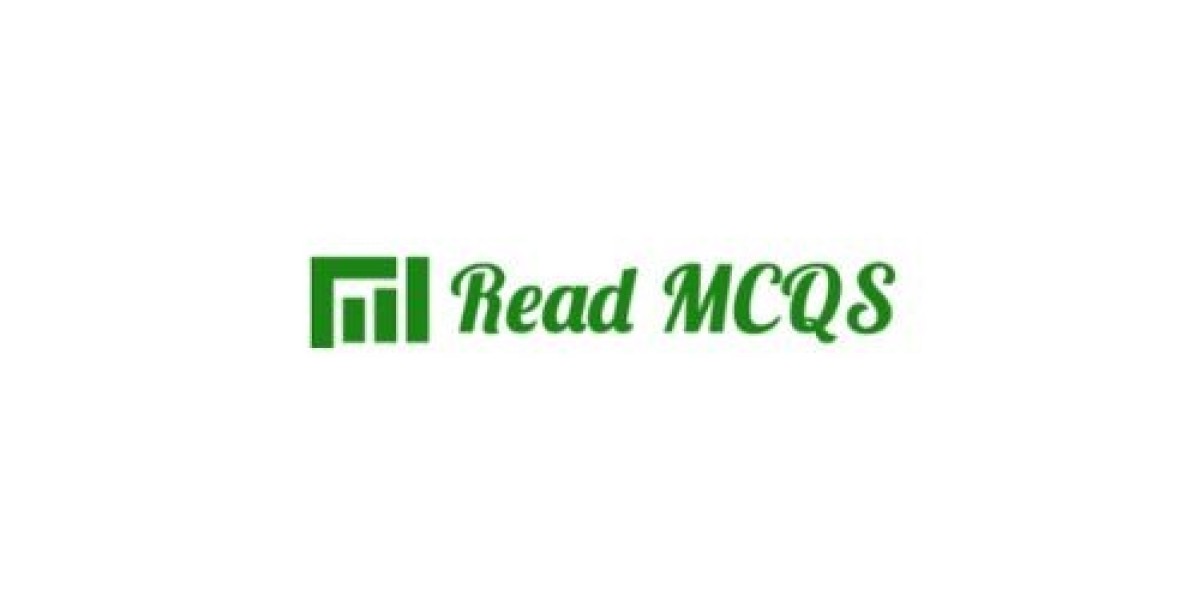Java, one of the most widely used programming languages in the world, is renowned for its versatility, portability, and robustness. Whether you're a beginner taking your first steps into the world of programming or an experienced developer looking to enhance your skills, mastering Java is essential. One effective way to solidify your understanding of Java concepts is by practicing multiple choice questions (MCQs) and understanding the rationale behind the answers. In this article, we'll delve into various Java MCQs, covering fundamental concepts, advanced topics, and practical applications.
Understanding Java Fundamentals
At the core of Java lie fundamental concepts that every programmer must grasp. MCQs on topics such as data types, variables, operators, and control structures serve as building blocks for Java proficiency. Questions may include identifying the correct data type for a given scenario, predicting the output of code snippets involving operators, or understanding the flow of control in loops and conditional statements.
Exploring Object-Oriented Programming (OOP) in Java
Java's strength lies in its object-oriented nature, which facilitates modular, reusable, and maintainable code. MCQs in this category often focus on class and object concepts, inheritance, polymorphism, and encapsulation. Test takers may encounter questions about method overriding, access modifiers, abstract classes, and interfaces, requiring a deep understanding of OOP principles and their implementation in Java.
Handling Exceptions and Error Management
Exception handling is crucial for writing robust and fault-tolerant Java programs. MCQs related to exceptions cover topics such as try-catch blocks, checked and unchecked exceptions, throwing and catching exceptions, and the exception hierarchy in Java. Test takers must be adept at recognizing potential runtime errors and determining the appropriate error-handling mechanisms to prevent program crashes and ensure graceful degradation.
Working with Java APIs and Libraries
Java boasts a vast standard library and numerous third-party APIs that simplify complex tasks and accelerate development. MCQs may assess knowledge of commonly used Java APIs, such as java.lang, java.util, and java.io, as well as popular frameworks like JavaFX and Spring. Test takers should be familiar with classes, methods, and functionalities provided by these APIs, enabling them to leverage existing solutions and build robust Java applications efficiently.
Concurrency and Multithreading in Java
Multithreading enables concurrent execution of tasks, enhancing performance and responsiveness in Java applications. MCQs in this category cover concepts such as thread creation, synchronization, thread safety, and thread communication. Test takers must understand the nuances of multithreading, including race conditions, deadlock prevention, and thread lifecycle management, to develop scalable and efficient Java programs that harness the power of parallelism.
Utilizing Java I/O for File Handling and Stream Operations
File handling and stream operations are integral to many Java applications, facilitating input and output operations with files, databases, and network resources. MCQs may evaluate proficiency in reading from and writing to files, using different stream types, handling file exceptions, and performing stream manipulation tasks. Test takers should be adept at working with FileInputStream, FileOutputStream, BufferedReader, BufferedWriter, and other I/O classes to manage data effectively in Java programs.
Testing and Debugging Java Applications
Testing and debugging are essential stages in the software development lifecycle, ensuring the correctness, reliability, and maintainability of Java code. MCQs may cover topics such as unit testing frameworks (e.g., JUnit), debugging techniques, code coverage analysis, and best practices for error detection and correction. Test takers should be equipped with strategies for writing effective test cases, identifying and fixing bugs, and optimizing code for performance and efficiency.
Practical Applications and Real-World Scenarios
In addition to theoretical knowledge, Java MCQs may present practical scenarios and real-world problems for test takers to solve. These questions assess not only conceptual understanding but also the ability to apply Java principles to solve practical challenges. Examples may include designing classes and methods to model real-world entities, implementing algorithms to solve specific problems, or optimizing code for performance and resource utilization.
By engaging in practice sessions with Java MCQ questions and answers, aspiring Java developers can reinforce their understanding of key concepts while honing their problem-solving skills. Whether you're preparing for a certification exam, a job interview, or simply aiming to deepen your Java expertise, regular practice with MCQs is an invaluable strategy for mastering this powerful programming language.








